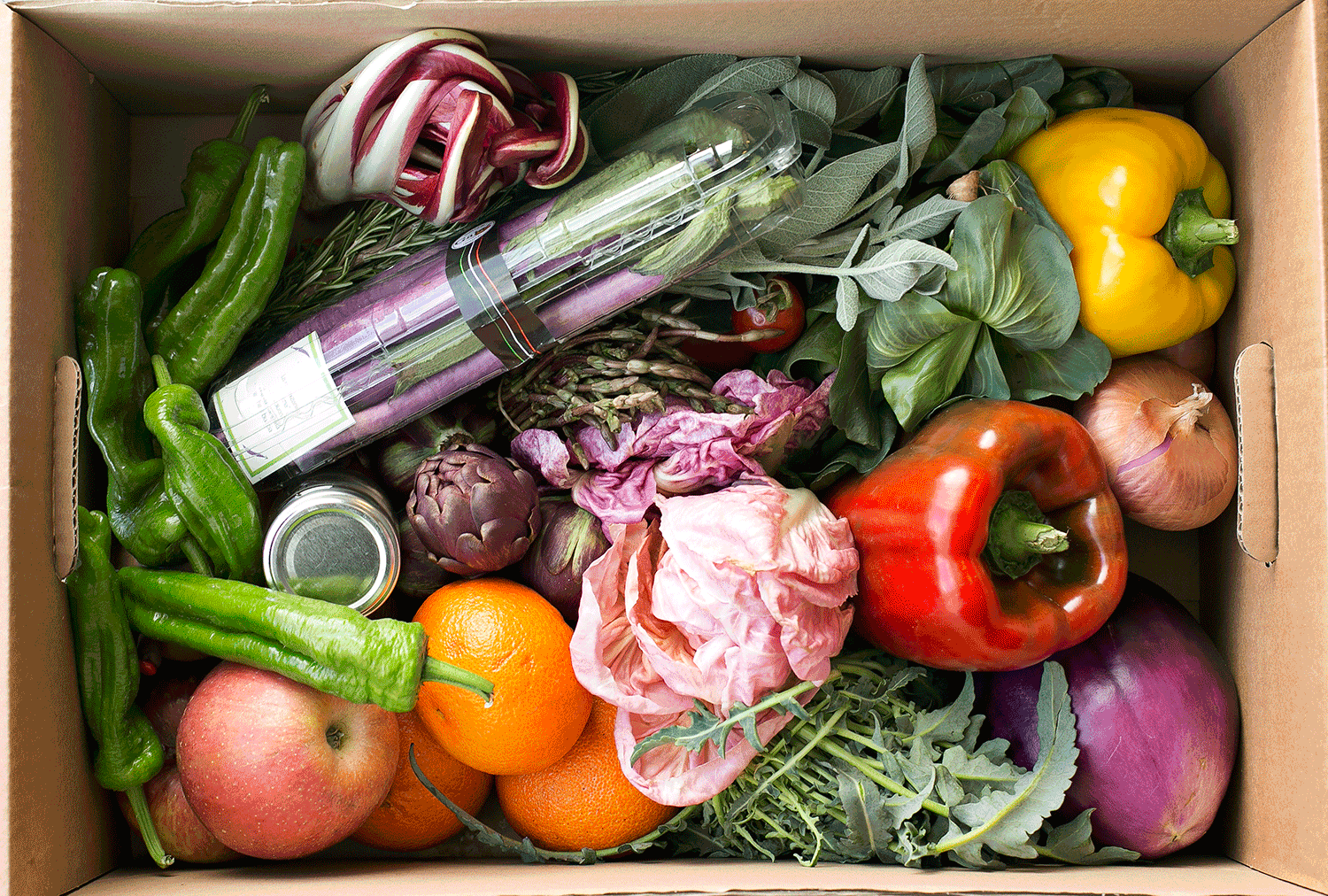More than a third of all food produced in the world ends up in the trash. At the same time nearly 800 million people all over the world go hungry to bed every night. DanChuchAid decided to do something about the problem. In February 2016, the organization opened the world’s first supermarket only with surplus goods.
Wefood sells goods that regular supermarkets can no longer sell due to overdue ‘best before’ dates, incorrect labels or damaged packaging. The products found in Wefood are still edible and safe to consume according to the Danish food legislation, but have simply lost their value to the partner donating them.
Wefood’s range of products varies from day to day depending on the donations on each particular day. It is mainly food products sold at a significant discount of 30-50% of the market price.
Unlike similar surplus supermarkets around Europe, Wefood is for everyone; whether you want to support the fight against famine, stop food waste or simply want to save money on your groceries. The project’s overall aspiration is to benefit consumers, impoverished countries and the environment.
A global fight against famine
Fighting famine and food insecurity worldwide has been a priority for DanChurchAid since 1922. One third of all food produced each year is wasted, yet in spite of this, 795 million people globally are undernourished.
DanChurchAid’s aim with Wefood is to reduce the amount of food waste in Denmark and to raise money for the organisation’s work in developing nations. DanChurchAid uses the proceeds from Wefood to combat famine in impoverished countries like South Sudan, Ethiopia and Bangladesh.
Wefood’s volunteer staff served more than 10,000 customers and sold goods for a total amount of 250.000 DKR during the first two months. The profits contribute to DanChurchAid’s projects providing emergency aid and social protection schemes as well as projects promoting agro-ecological production.
Reducing environmental and economic costs
Food waste also contributes to climate change. Food production, distribution, consumption and disposal uses a tremendous amount of energy and water and leaves a significant carbon footprint on our planet and environment. The fact that one third of the food produced worldwide each year goes to waste means that 3.3 billion tons of greenhouse gases are released into the atmosphere for no reason – billons of harmful tons that could have been prevented.
Another extensive issue regarding food waste is the economic costs of producing large amounts of food that ends up unconsumed. On a global level, the cost of food wastage is about 1 trillion dollars a year (U.N reference).
The statistics clearly indicate that food wastage is a global issue that needs to be addressed collectively.
In Danish: Find din Wefood-butik her
Contact
Karina Skovhauge, Head of Retail and Volunteers
Mail: kask@dca.dk
Mobile: +45 5060 4036
Jeanette Ringkøbing Rothenborg, Head of Media
Mail: jrro@dca.dk
Mobile: +45 2538 1014

